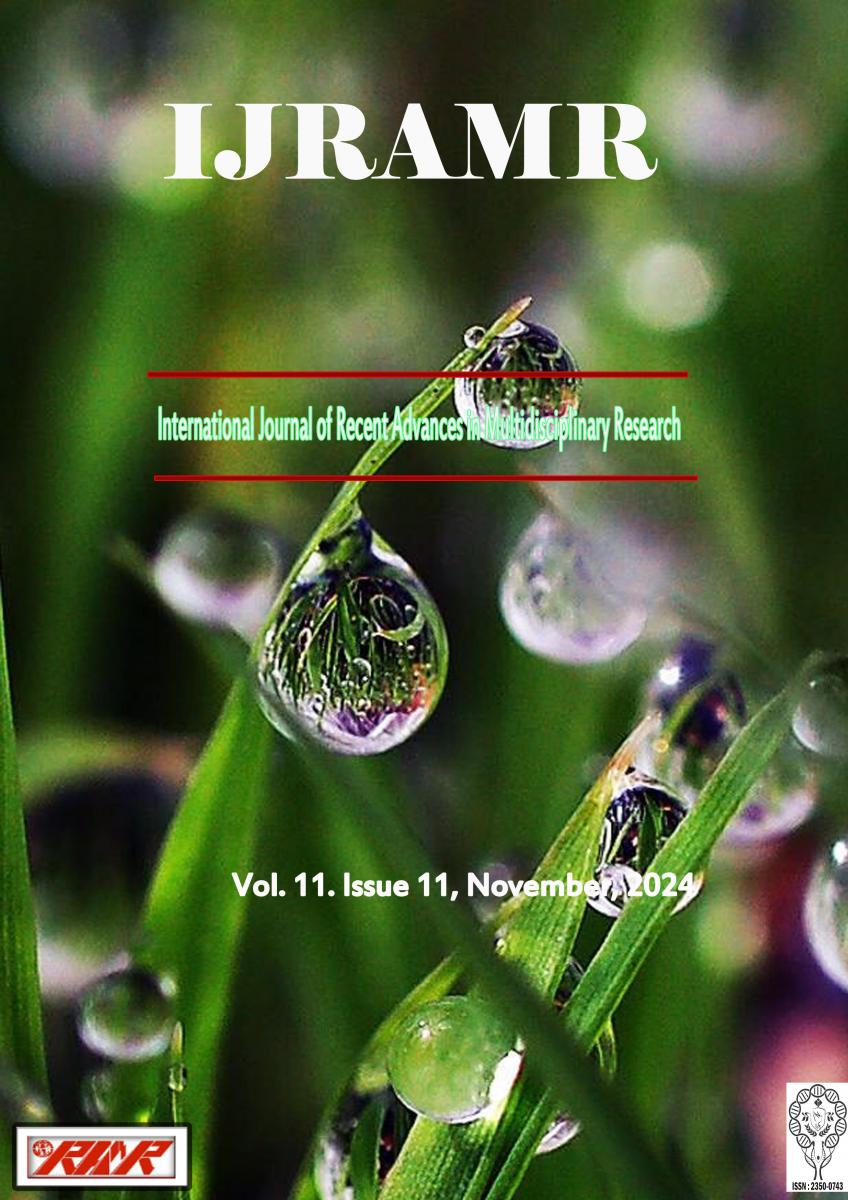It's hard to continue believing that women aren't competent, just as it's absurd to hold the argument that all women are eternally incapable or unconcerned about the need to get involved in order to contribute to political governance. So, it's not uncommon to hear it said that women's low presence and participation in decision-making bodies, including political ones, is due to their unwillingness to get involved. The main argument, as we know, is intrinsically linked to the conscious or unconscious desire of men to maintain their symbolic dominance over women, to preserve a balance of power that protects their interests. This permanent struggle is maintained on a daily basis by men and women alike, in a social environment that is quick to preserve the heavy social straitjacket that enables social reproduction in a relationship of intergenerational continuity. Through education, women also play a front-line role in the construction of inequalities in gender relations between girls and boys. This is why, in observing the unequal gender relations that persist in the political sphere in the G5 Sahel countries, we qualify this state of tolerance of the indecent gap.






